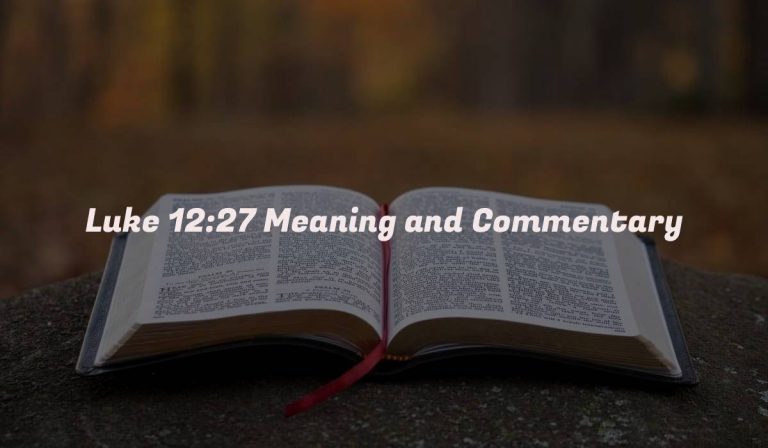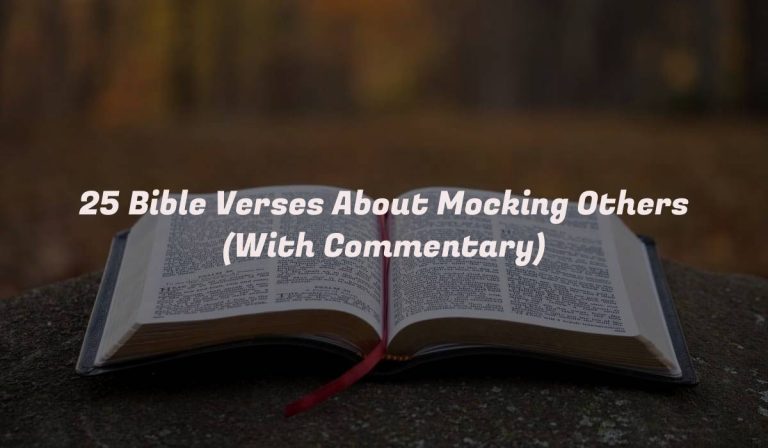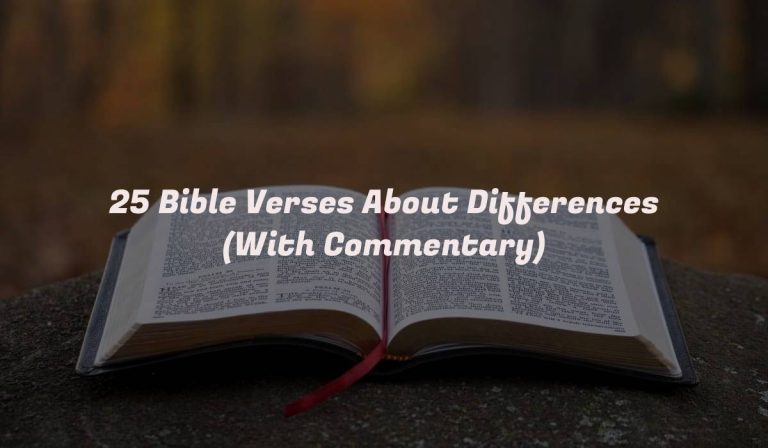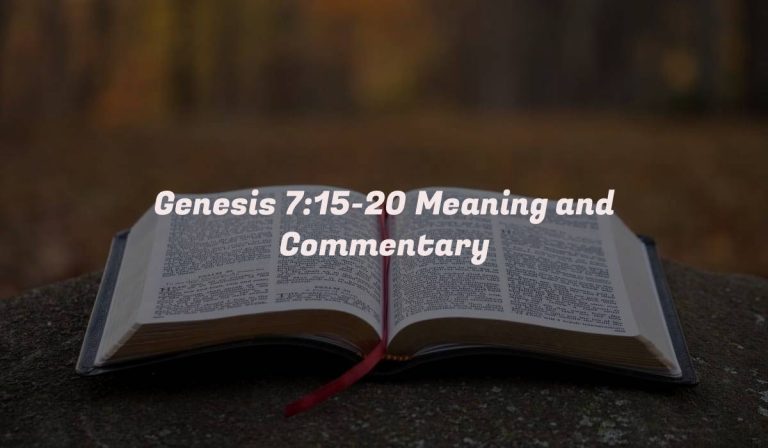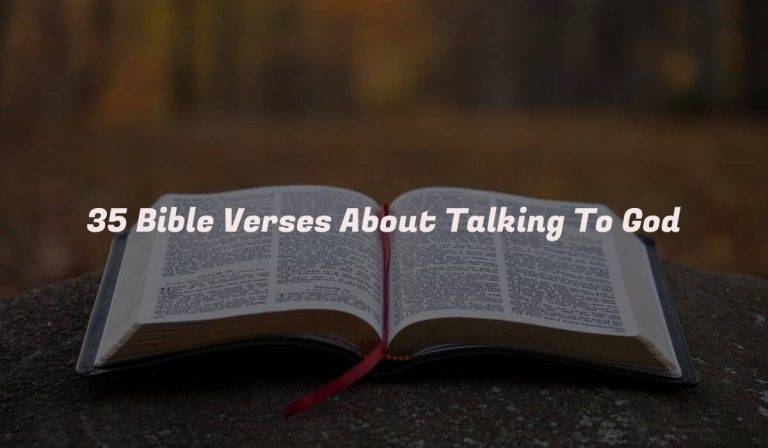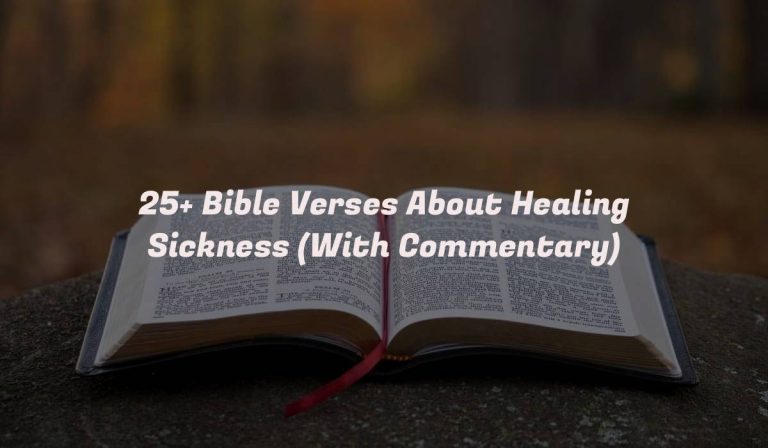Exodus 9 Meaning and Commentary
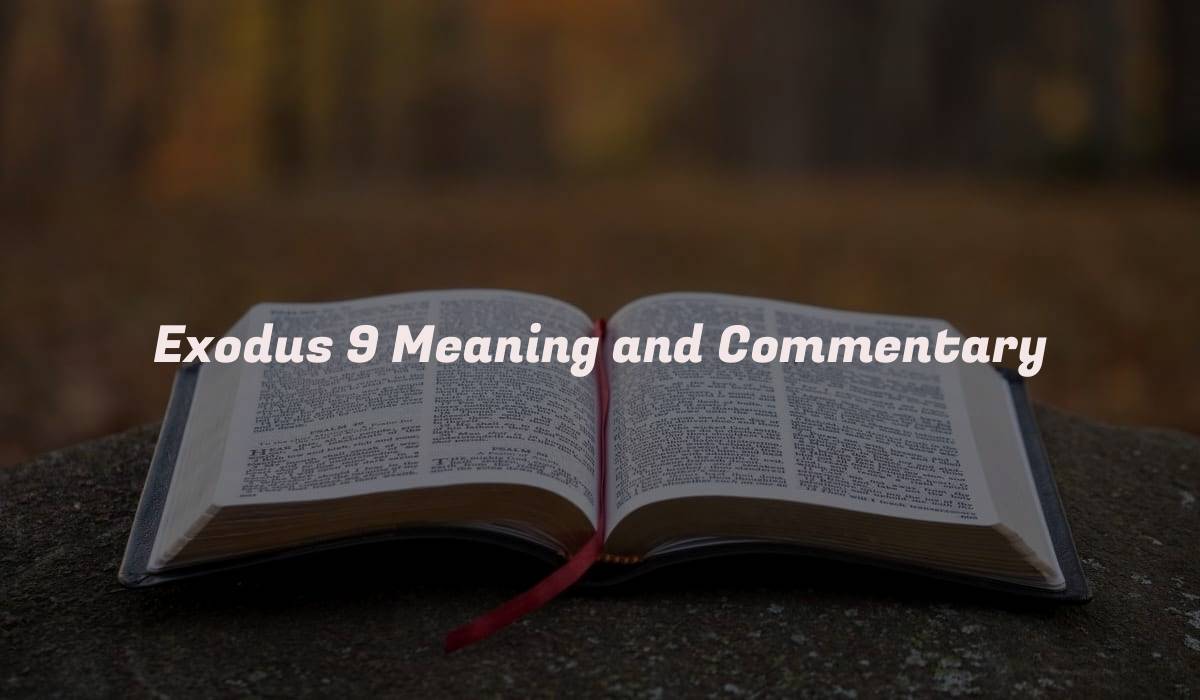
Exodus 9
1 Then the Lord said to Moses, “Go to Pharaoh and say to him, This is what the Lord, the Hebrews’ God, says: Let my people go so that they can worship me. 2 If you refuse to let them go and you continue to hold them back, 3 the Lord will send a very deadly disease on your livestock in the field: on horses, donkeys, camels, cattle, and flocks. 4 But the Lord will distinguish Israel’s livestock from Egypt’s livestock so that not one that belongs to the Israelites will die.” 5 The Lord set a time and said, “Tomorrow the Lord will do this in the land.” 6 And the next day the Lord did it. All of the Egyptian livestock died, but not one animal that belonged to the Israelites died. 7 Pharaoh asked around and found out that not one of Israel’s livestock had died. But Pharaoh was stubborn, and he wouldn’t let the people go.
8 Then the Lord said to Moses and Aaron, “Take handfuls of ashes from a furnace and have Moses throw it up in the air in front of Pharaoh. 9 The ashes will turn to soot over the whole land of Egypt. It will cause skin sores that will break out in blisters on people and animals in the whole land of Egypt.” 10 So they took ashes from the furnace, and they stood in front of Pharaoh. Moses threw the ash up in the air, and it caused skin sores and blisters to break out on people and animals. 11 The religious experts couldn’t stand up to Moses because of the skin sores, because there were skin sores on the religious experts as well as on all the Egyptians. 12 But the Lord made Pharaoh stubborn, and Pharaoh wouldn’t listen to them, just as the Lord had said to Moses.
13 Then the Lord said to Moses, “Get up early in the morning and confront Pharaoh. Say to him, This is what the Lord, the God of the Hebrews, says: Let my people go so that they can worship me. 14 This time I’m going to send all my plagues on you, your officials, and your people so that you will know that there is no one like me in the whole world. 15 By now I could have used my power to strike you and your people with a deadly disease so that you would have disappeared from the earth. 16 But I’ve left you standing for this reason: in order to show you my power and in order to make my name known in the whole world. 17 You are still abusing your power against my people, and you refuse to let them go. 18 Tomorrow at this time I’ll cause the heaviest hail to fall on Egypt that has ever fallen from the day Egypt was founded until now. 19 So bring under shelter your livestock and all that belongs to you that is out in the open. Every person or animal that is out in the open field and isn’t brought inside will die when the hail rains down on them.” 20 Some of Pharaoh’s officials who took the Lord’s word seriously rushed to bring their servants and livestock inside for shelter. 21 Others who didn’t take the Lord’s word to heart left their servants and livestock out in the open field.
22 The Lord said to Moses, “Raise your hand toward the sky so that hail will fall on the whole land of Egypt, on people and animals and all the grain in the fields in the land of Egypt.” 23 Then Moses raised his shepherd’s rod toward the sky, and the Lord sent thunder and hail, and lightning struck the earth. The Lord rained hail on the land of Egypt. 24 The hail and the lightning flashing in the middle of the hail were so severe that there had been nothing like it in the entire land of Egypt since it first became a nation. 25 The hail beat down everything that was in the open field throughout the entire land of Egypt, both people and animals. The hail also beat down all the grain in the fields, and it shattered every tree out in the field. 26 The only place where hail didn’t fall was in the land of Goshen where the Israelites lived.
27 Then Pharaoh sent for Moses and Aaron and said to them, “This time I’ve sinned. The Lord is right, and I and my people are wrong. 28 Pray to the Lord! Enough of God’s thunder and hail! I’m going to let you go. You don’t need to stay here any longer.”
29 Moses said to him, “As soon as I’ve left the city, I’ll spread out my hands to the Lord. Then the thunder and the hail will stop and won’t return so that you will know that the earth belongs to the Lord. 30 But I know that you and your officials still don’t take the Lord God seriously.” (31 Now the flax and the barley were destroyed, because the barley had ears of grain and the flax had buds. 32 But both durum and spelt wheat weren’t ruined, because they hadn’t come up.) 33 Moses left Pharaoh and the city, and spread out his hands to the Lord. Then the thunder and the hail stopped, and the rain stopped pouring down on the earth. 34 But when Pharaoh saw that the rain, hail, and thunder had stopped, he sinned again. Pharaoh and his officials became stubborn. 35 Because of his stubbornness, Pharaoh refused to let the Israelites go, just as the Lord had told Moses.
Exodus 9 Meaning
In Exodus 9, we witness the unfolding of the fifth and sixth plagues that God sends upon Egypt as a judgment for Pharaoh’s refusal to let the Israelites go. These plagues involve the death of the livestock and the outbreak of painful boils on both humans and animals. Through these events, God displays His power and sovereignty while demonstrating His faithfulness to His chosen people, the Israelites.
Exodus 9 Commentary and Explanation
Exodus 9 begins with the fifth plague: a severe pestilence on the livestock of Egypt. This plague specifically targets the animals, such as cattle, horses, donkeys, camels, and sheep, belonging to the Egyptians. It’s important to note that God spared the livestock of the Israelites, distinguishing His people from the Egyptians. This event reminds us of the protection and provision God grants to His chosen ones, as seen in Psalm 23:1, where He is referred to as our Shepherd.
The sixth plague involves the eruption of painful and festering sores on both humans and animals in Egypt. This affliction highlights the physical suffering that accompanies disobedience. It reminds us of the consequences of sin and the need for repentance, as discussed in Romans 6:23.
Despite the severity of the plagues, Pharaoh’s heart remained hardened. He continued to defy God’s command to let the Israelites go. This ongoing resistance reflects the human tendency to resist God’s will, even when faced with undeniable evidence of His power.
The seventh plague, a hailstorm of unprecedented magnitude, is unleashed upon Egypt. This hailstorm destroyed crops and trees but spared the land of Goshen, where the Israelites lived. This distinction underscores God’s ability to protect His people in the midst of turmoil, as we find reassurance in Psalm 91:7.
Once again, Pharaoh seemed to relent after the hailstorm but hardened his heart when the plague was lifted. This pattern of stubbornness serves as a warning against the dangers of a hardened heart, as discussed in Hebrews 3:7-8.
Finally, we come to the eighth plague: a locust invasion. Swarms of locusts devoured every green plant left in Egypt, leaving the land desolate. This disaster demonstrates God’s control over nature and His ability to use it as a tool for His purposes.
Pharaoh again acknowledged his sin but remained unwilling to fully submit to God’s will. This repeated cycle reveals the folly of attempting to negotiate with God or to only partially obey His commands.
Exodus 9 showcases the escalating severity of God’s judgments upon Egypt, as well as Pharaoh’s persistent resistance. Through these plagues, God not only seeks to deliver His people but also to reveal His character and authority. As we reflect on this chapter, we are reminded of God’s faithfulness, His ability to protect His own, and the consequences of a hardened heart. It prompts us to examine our own hearts, ensuring they remain open and responsive to God’s will, as we seek to follow Him in obedience.
Context of Exodus 9
These verses are part of the narrative of the plagues that God inflicted upon Egypt to secure the release of the Israelites from their bondage.
Despite witnessing the power of God through the previous plagues, Pharaoh remained stubborn and refused to release the Israelites from slavery. As a result, God continued to demonstrate His might through further acts of judgment, which included the plagues of livestock death and boils.
Breaking Down the Key Parts of Exodus 9
a) Exodus 9:3 – “The hand of the Lord will go out against your livestock in the field, against the horses, the donkeys, the camels, the herds, and the flocks—a severe pestilence.”
This verse highlights the severity of the upcoming plague and emphasizes that it is a result of the hand of the Lord. It shows that God has complete control over all creatures and can bring judgment upon them as He sees fit.
b) Exodus 9:6 – “And all the livestock of the Egyptians died, but not one of the livestock of the people of Israel died.”
This verse demonstrates the distinction that God made between the Egyptians and the Israelites. The Egyptians experienced devastating loss, while God miraculously preserved the livestock of His people. It reveals God’s faithful provision for His chosen ones.
c) Exodus 9:11 – “And the magicians could not stand before Moses because of the boils, for the boils came upon the magicians and upon all the Egyptians.”
The inability of the Egyptian magicians to counteract or replicate the boils highlights the superiority of God’s power. Even those who practiced witchcraft and performed miracles themselves were unable to withstand the judgment of God.
Bible Study on Exodus 9
Exodus 9 teach us several important lessons. Firstly, they remind us of God’s sovereignty and His ability to intervene in human affairs. The plagues demonstrate that God is not just a passive observer but actively involved in history.
Secondly, we see the importance of obedience to God’s commands. Pharaoh’s stubbornness and refusal to let the Israelites go led to the suffering of his people and the devastating loss of their livelihood. When we resist God’s will, we invite pain and hardship into our lives.
Thirdly, these verses highlight God’s faithfulness to His people. Despite the trials and hardships they faced in Egypt, God protected the Israelites from the plagues that affected the Egyptians. This shows us that God is faithful to His promises and will provide for those who trust in Him.
Final Thoughts
The plagues of livestock loss and boils in Exodus 9 reveal God’s supernatural power and His faithfulness to His people. They remind us that God is sovereign over all creation and can distinguish between the righteous and the unrighteous.
As we reflect on these verses, let us be reminded of the importance of obedience, trust in God’s provision, and His faithfulness to His chosen ones.
May we find encouragement and inspiration in these passages, knowing that God is with us in times of trial and will protect and sustain us as we walk in obedience to Him.

